Login Status
-
Free text
UPCOMING EVENTS:
 From August 18 to October 11, 2026; submissions due February 19.
From August 18 to October 11, 2026; submissions due February 19.FILE – Electronic Language International Festival is now accepting project submissions and invites artists, researchers, creators, and developers to participate in its next edition. An international reference in the fields of art, technology, and innovation, FILE will take place in … Continue reading →
 Wrocław University of Environmental and Life Sciences, 4th of Match 2026
Wrocław University of Environmental and Life Sciences, 4th of Match 2026The international conference “Cross-border cooperation in the era of challenges and transformation – space, energy, climate, culture” will be held on 4 March 2026 at the Wrocław University of Environmental and Life Sciences, in Wrocław, Poland. The conference will explore key issues facing border regions, from … Continue reading →
Topic: software & tools
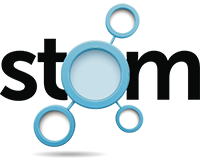
StoM project commenced on 1st May 2014 and is carried out by a strong consortium committed to develop a commercial pathway for software-as-a-service solutions. Consortium members are leaders in ICT (NET7, IN2, SpazioDati) and business development (Techin and Innova). The services to be developed for commercialisation are based upon a previous research programme successfully conducted in the SemLib project. The aim is to apply semantic annotation and semantic recommendation solutions in two platforms: EventPlace and PunditBrain. Continue reading
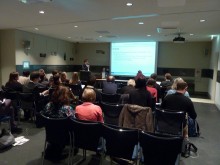
Beatrix Lehmann of Museumsmedien participated in a very interesting event: Names of Shoah Victims: from Scattered Sources to Individual Personal Stories, an International Workshop within the Framework of the European Holocaust Research Infrastructure (EHRI). The participants represented Memorials, Archives, Universities, Museums coming … Continue reading

The need for greater interaction and engagement with audiences and users is widely understood by those working in the the digital cultural heritage sector. But finding tools to help with this is difficult. This workshop will focus on how you … Continue reading
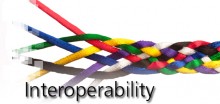
Bert Lemmens represented PREFORMA at the Interoperability Workshop organised by the SUCCEED project to discuss best practices and possibilities for cooperation on a technical level between European Centres of Competence and Digital infrastructures. Continue reading
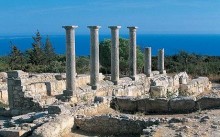
On 3 November 2014 in Limassol, Cyprus, RICHES particpated in the 5th International Euro-Mediterranean Conference (EuroMed 2014), held on 3-8 November. RICHES Coordinator Neil Forbes of Coventry University (UK) presented the project, its objectives and its first outcomes within a workshop, entitled “The Digitisation Age: Mass Culture is Quality Culture. Challenges for Cultural Heritage and Society”. The workshop was organised by RICHES Communication Manager Promoter Srl. Continue reading
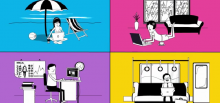
The open source semantic annotation tool Pundit is RICHES Associate Net7’s main product for the Digital Humanities. The main idea behind semantic annotation is to enable users not only to comment, bookmark or tag web pages, but also to semantically create structured data while annotating. The ability to express semantically typed relations among resources, relying on ontologies and specific vocabularies, not only enables users to express unambiguous and precise semantics, but also, more interestingly, fosters the reuse of such knowledge within other web applications. Continue reading
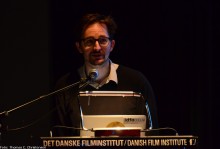
A presentation of PREFORMA has been delivered by Erwin Verbruggen at the workshop “Digital AV Archiving Workflows; Digitisation, Ingest, Preservation, Conversion, and Delivery” organised on 22 and 23 September 2014 in Copenhagen by the PRESTO4U project. Continue reading
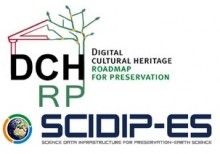
The Cooperation Agreement that has been signed between SCIDIP-ES and DCH-RP mainly concernes the collaboration and exchange of tools and services for digital preservation of – in this case – cultural assets. Continue reading
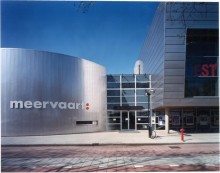
A joint Preservation Workshop at the RDA Plenary where attendees can provide their views and requirements to four major initiatives, APARSEN, SCIDIP-ES, EUDAT and DPHEP, which are evolving beyond the end of their respective EU-funded projects, and will continue to help organisations to manage and preserve research data. Continue reading
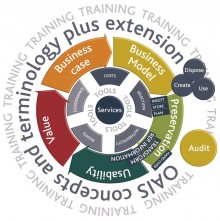
The 2014 APA conference launches the APA Centre of Excellence (CoE). The conference is organised around examples from members showing how they have tackled and overcome their preservation problems. The examples are further grouped around the integrated view of digital preservation which APARSEN has brought together. Continue reading
































